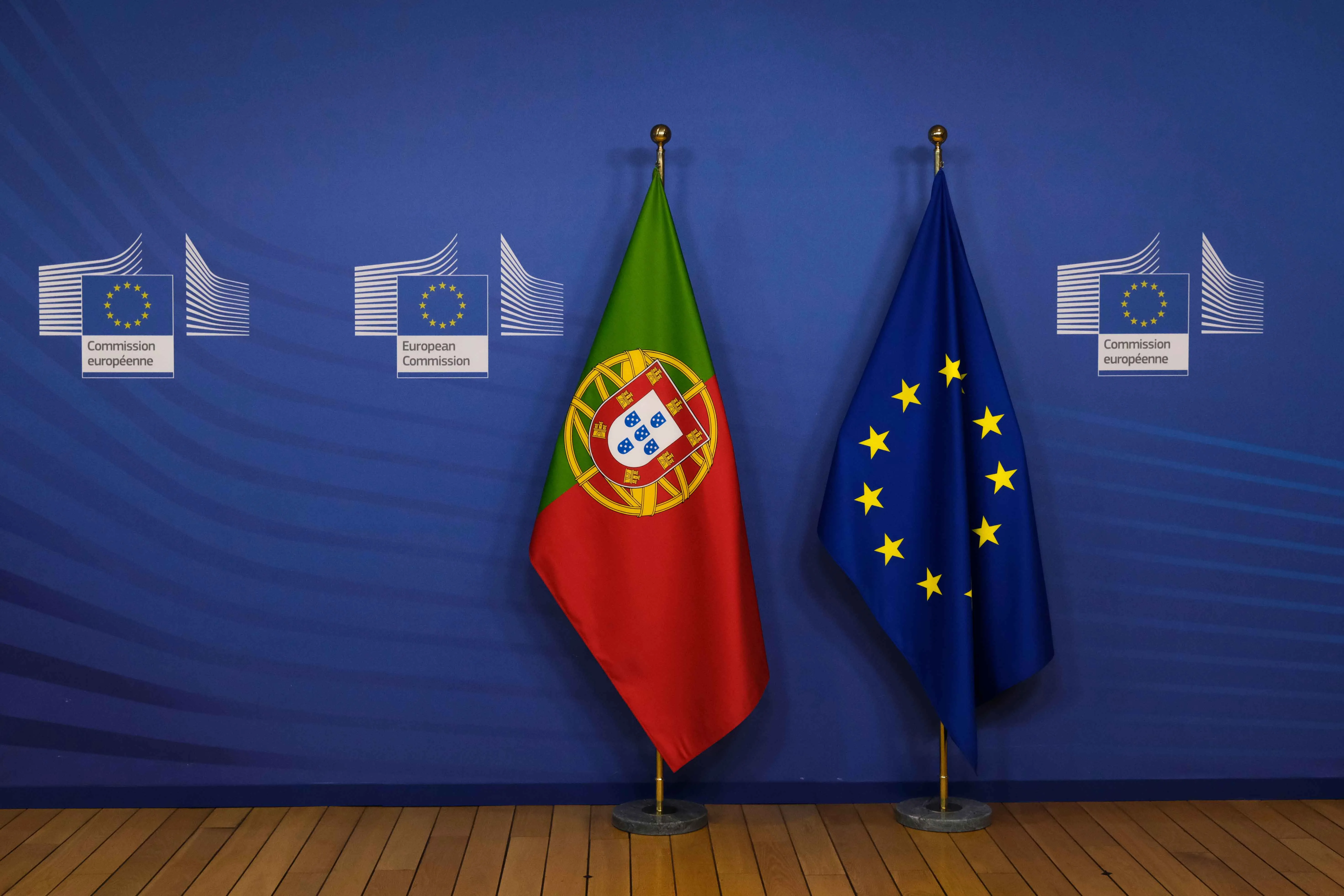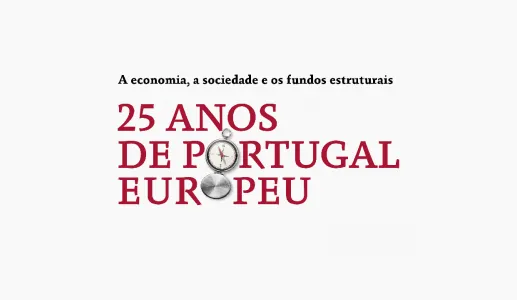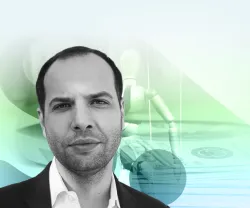
25 years of European Portugal
In 2011, on the 25th anniversary of Portugal's accession to the European Economic Community, which has since been renamed the European Union, the country was facing a serious economic crisis, in contrast to the expectations of development and prosperity that this accession had created.
To mark the date, and to understand the country's journey over these 25 years and the impact of European integration on Portugal's political, economic and social life, Fundação Francisco Manuel dos Santos commissioned the former Minister of Economy, Augusto Mateus, and his colleagues at Augusto Mateus Associados to carry out the research project condensed in this study.
This work is divided into four parts. In Perspectives, we look at how the economy and society have changed since joining the European Union. In Portraits, fifty indicators summarise Portugal's development in comparison to the European Union. The Funds section analyses the structural funding made available to Portugal. The Roadmaps section provides examples of how to interpret the statistical information concentrated in Perspectives, Portraits and Funds. As a whole, the aim is to find answers to questions such as:
- What impact did joining Europe have on the country's different economic indicators?
- Which sectors of Portugal's economy have benefited most or suffered most from European integration?
- What impact did this integration have on the Portuguese middle class?
- Has Europe made Portugal a more or less unequal country?
- Has the country moved closer to or further away from the level of development and quality of life of its European partners?
- What impact have the European Union's cohesion funds had on the Portuguese economy and society? Has the country been able to take advantage of them?
- Has the standard of living improved significantly for the population in general?
- Has the country progressed in the European context and become more attractive?
- Have companies become more competitive and taken advantage of the opportunities of the European internal market and globalisation?
- Has the country become more sustainable in the way it produces, consumes and values natural resources?
- Has land use favoured territorial cohesion and equal opportunities?
- Where have the major changes taken place and what are the main imbalances?
By analysing these questions, FFMS has sought to provide an instrument that facilitates an understanding of the transformations undergone by Portugal over the first 25 years of full integration into the European Union, in light of the economy, society and structural funds, thus contributing to Portuguese society having tools for reflection so that it can converge in a constructive assessment of the scope and significance of the profound transformations that have taken place in one generation and in a pragmatic consensus on the priorities for action to face the challenges of the current crisis and the near future.






